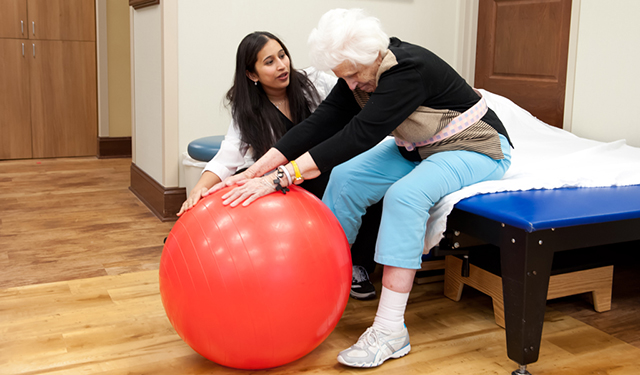One crucial aspect of cardiopulmonary rehabilitation is physical activity training. Physical activity is vital for strengthening the heart and lungs, which can turn impaired due to disease or inactivity. Individuals generally participate in supervised fitness classes that are safe and slowly increase in intensity. These classes assist to build endurance and enhance overall fitness-related function. As individuals grow more engaged, they often observe gains in their vitality levels and daily tasks, such as strolling, climbing steps, and participating in social events.
In furthermore to exercise, education plays a significant role in cardiopulmonary rehabilitation. Individuals learn about their specific conditions, treatment options, and the significance of healthy living modifications. This instruction assists clarify their conditions and lessens emotions of anxiety or discontent. Comprehending how their physiology function and the impacts of drugs and therapies enables patients to make better choices regarding their health. Awareness about topics like nutrition, smoking cessation, and stress management can lead to lasting changes that promote recovery and prevent future issues.
Another important aspect of rehab is psychological assistance. Living with long-term heart or lung conditions can be challenging and may lead to feelings of anxiety or despair. Individuals are often encouraged to discuss their experiences and feelings in a nurturing community environment. This fellow connection can be incredibly helpful, as it offers a sense of belonging. look at this website Support from medical providers, relatives, and friends also plays a crucial role in the rehab process, aiding to build strength and drive.
Overall, the goal of cardiopulmonary rehabilitation is to enhance recovery and improve quality of life for individuals. Through customized fitness regimens, thorough instruction, and psychological assistance, individuals are enabled to manage of their well-being. By proactively participating in their recovery cardiopulmonary endurance training process, individuals can experience a renewed feeling of confidence and independence. This comprehensive approach not only aids in physical healing but also fosters a more positive mindset, leading to a more fulfilling life despite the challenges of coping with heart or pulmonary conditions.
